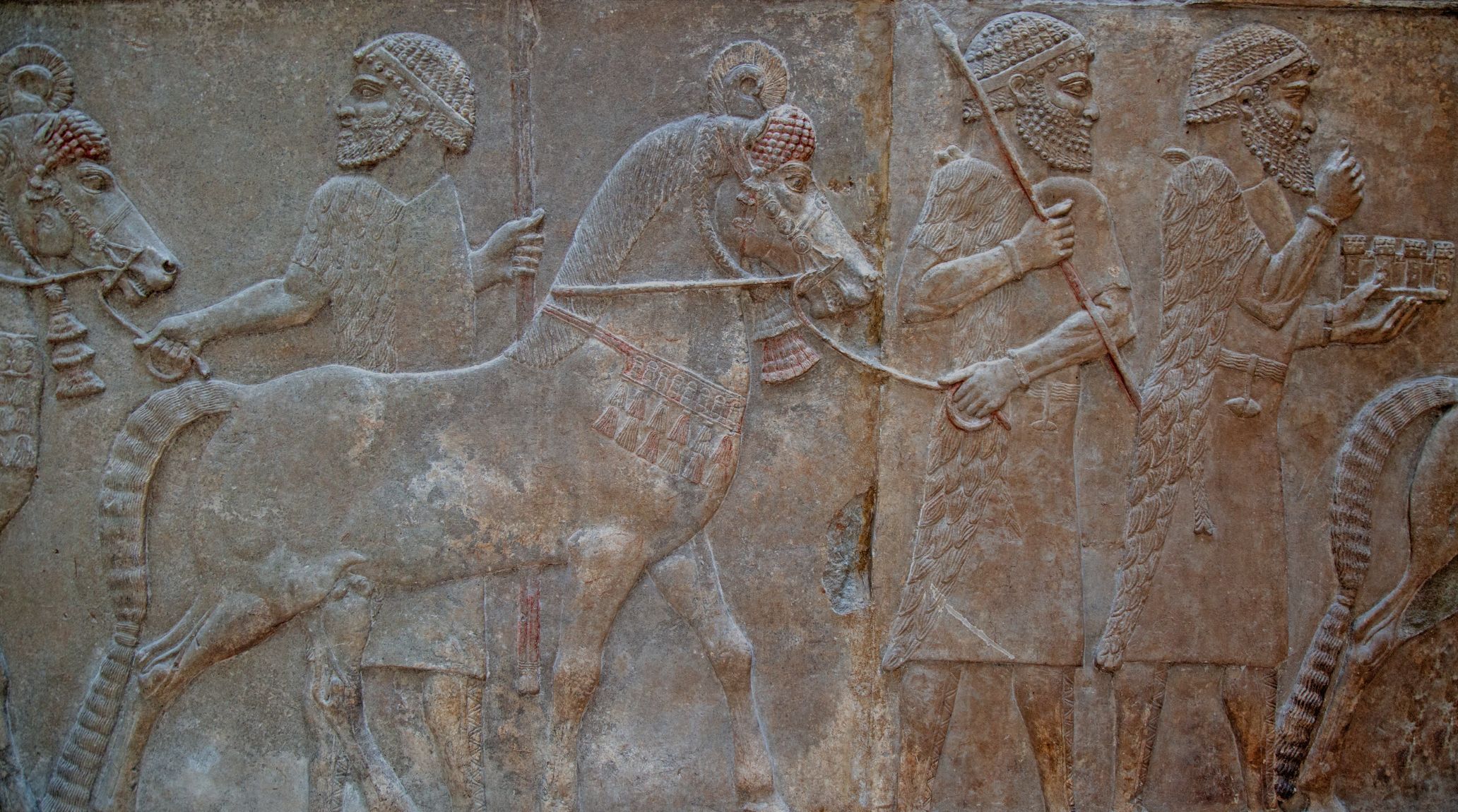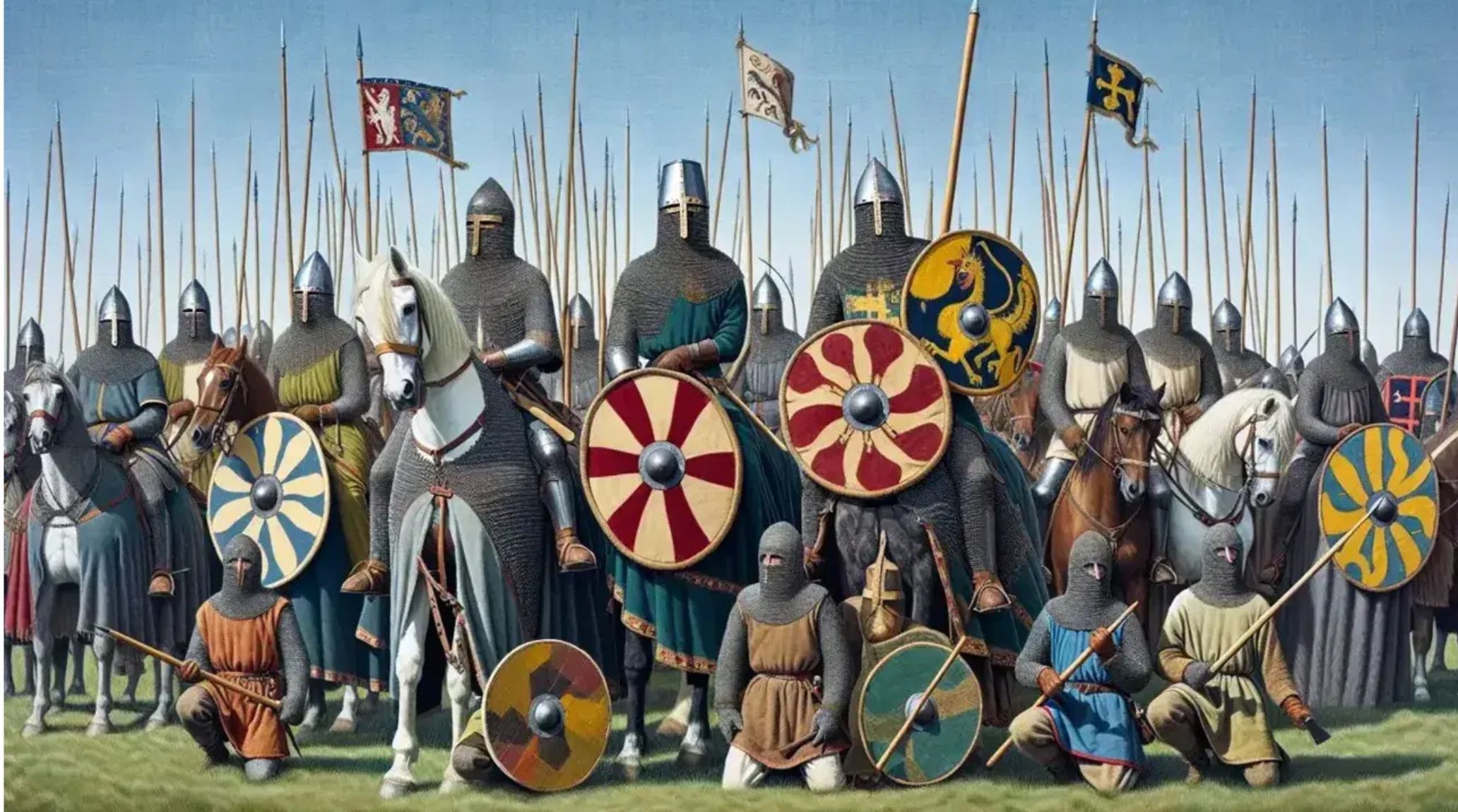
“
The Norman Conquest of England in 1066 was a pivotal event that reshaped the nation’s history and culture. Led by William the Conqueror, this conquest introduced Norman rule, revolutionized England’s governance, and left a lasting legacy on its language, architecture, and legal systems. From the famous Battle of Hastings to the establishment of feudalism, the Norman Conquest brought monumental changes. Dive into these interesting facts about the Norman Conquest of England to explore its key events, historical significance, and how it transformed the medieval English landscape.1
1
”
The Norman Conquest of England in 1066 began when William the Conqueror, Duke of Normandy, claimed the English throne, asserting his right through familial ties to Edward the Confessor.1
The Battle of Hastings, fought on October 14, 1066, was the decisive battle where William's forces defeated King Harold II's army, leading to the fall of Anglo-Saxon rule in England. 2
Harold II's death in battle marked the end of the Anglo-Saxon monarchy and the beginning of Norman rule, with William crowned as King of England on Christmas Day 1066.3
The Norman Conquest brought significant cultural changes, including the introduction of the feudal system, which reorganized land ownership and governance, concentrating power in the hands of Norman lords. 4
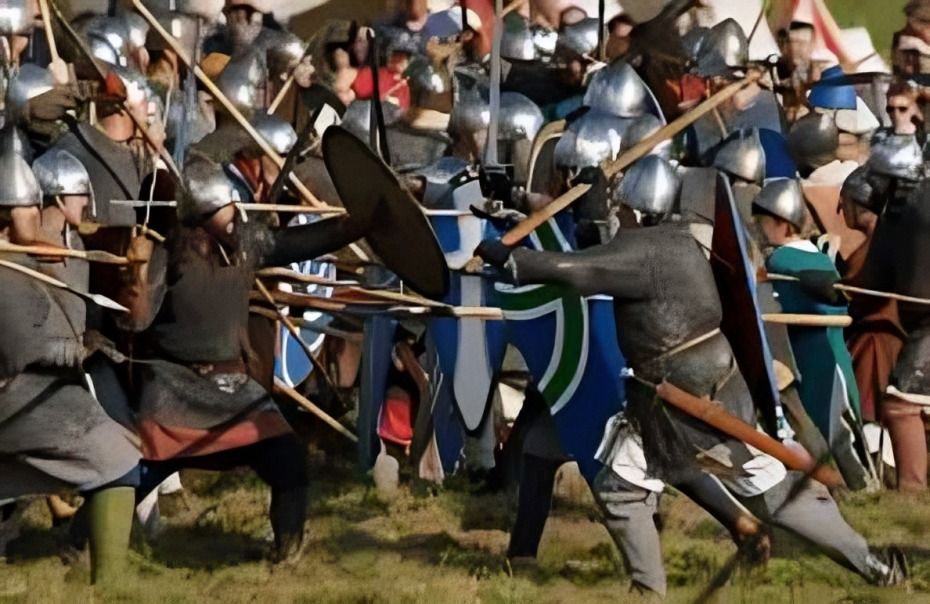
The Normans replaced the Anglo-Saxon elite, with many English nobles dispossessed of their lands, while William distributed land to his loyal Norman followers, drastically altering the English social structure.
The conquest led to the construction of numerous castles across England, including the Tower of London, which was built to assert Norman control over the English populace.5
William I's creation of the Domesday Book in 1086 was an unprecedented survey of England’s land, resources, and inhabitants, which helped streamline taxation and governance under the new Norman regime. 6
The introduction of the Norman language significantly impacted the English language, leading to the development of Middle English, with many French words incorporated into English vocabulary, especially in law and governance. 7
The feudal system introduced by the Normans centralized power in the monarchy and the nobility, changing the governance of England from a relatively decentralized Anglo-Saxon system to a more hierarchical structure. 8
William's conquest also initiated a significant shift in religion, with the Church in England becoming more aligned with Rome, increasing the influence of the papacy over English ecclesiastical affairs. 9
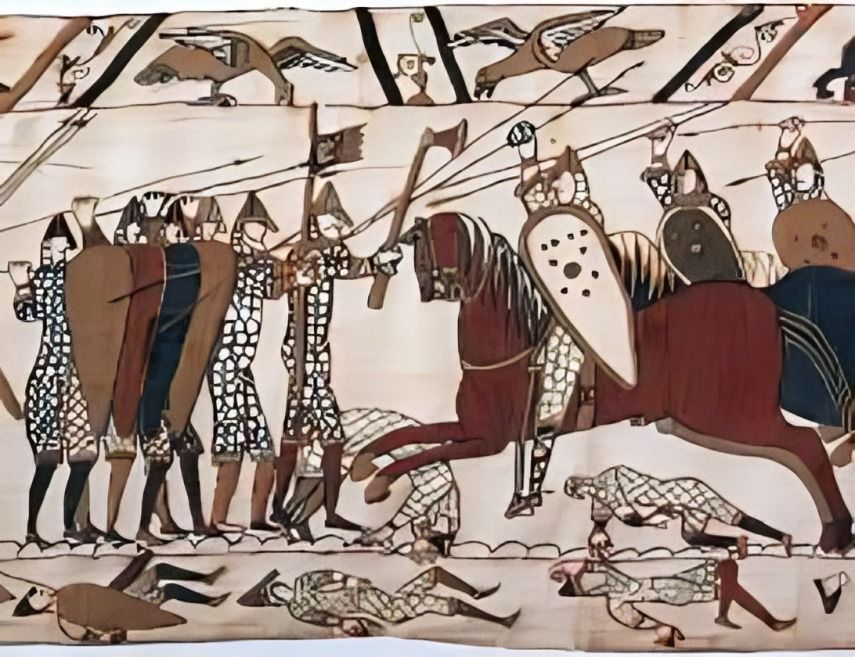
The conquest was a turning point in English law, as many of the feudal practices and structures established by the Normans formed the basis of later English common law.
The Anglo-Saxon nobility resisted the Norman Conquest, leading to frequent uprisings and rebellions, such as the Revolt of the Earls in 1075, but the Normans effectively crushed these revolts. 10
The Norman Conquest also had a lasting impact on the English landscape, as the Normans introduced a new style of architecture, including Romanesque and early Gothic influences in churches and castles. 11
The conquest led to the establishment of a more formalized relationship between England and Normandy, with English kings maintaining strong ties to their Norman counterparts, often through marriage alliances. 12
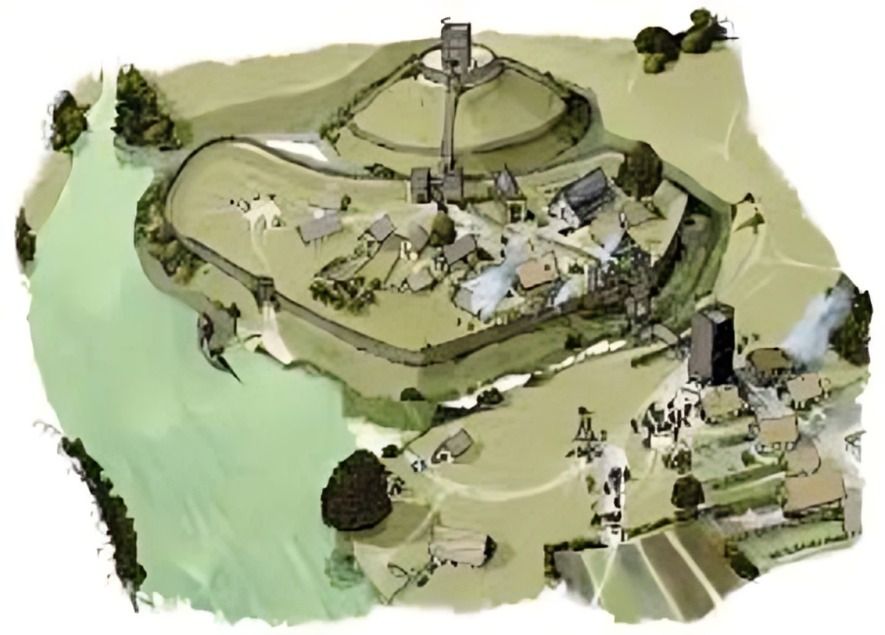
The impact of the Norman Conquest extended to Scotland and Wales, as English and Norman influences spread, with both regions experiencing increasing Norman control and cultural assimilation over time.
The Conquest created a cultural divide, as the English were ruled by a French-speaking elite, leading to tensions between the Anglo-Saxon majority and the Norman rulers. 13
The Normans introduced a new system of land tenure, where land was held in exchange for military service, leading to the creation of a powerful, land-owning class that played a central role in medieval English society. 14
The Norman Conquest fundamentally altered English society, leading to the rise of a new aristocracy, with many of the old Anglo-Saxon nobles either displaced or forced to integrate into the Norman power structure. 15
The widespread redistribution of land after the Conquest also had economic implications, as new agricultural techniques and a new system of taxation were introduced to support the feudal system. 16
The Battle of Hastings and the Norman Conquest are often seen as one of the most defining moments in English history, laying the foundation for the future development of the English monarchy and legal system.17
